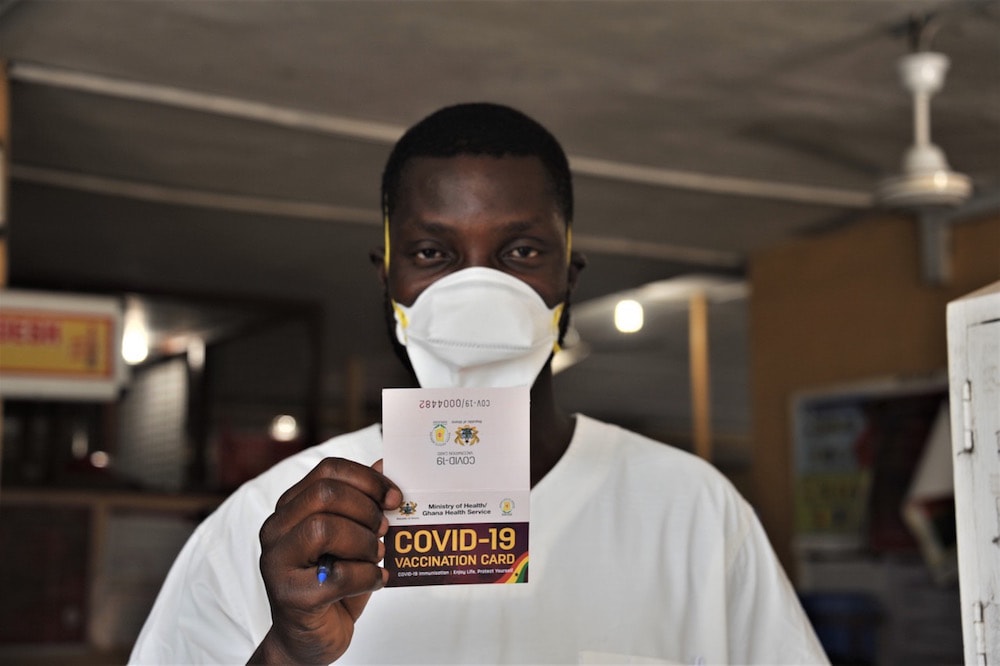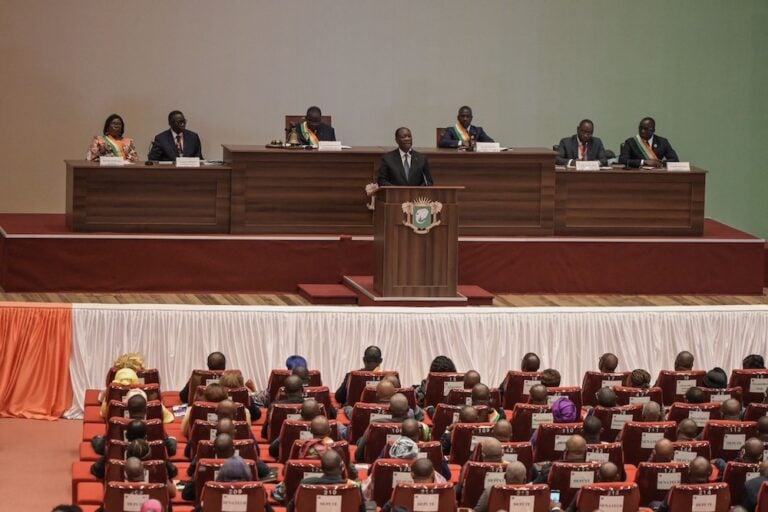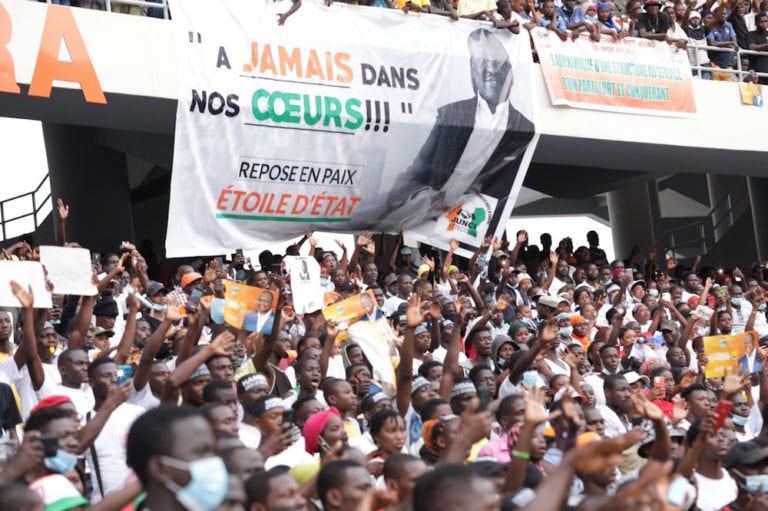Telecommunications companies, civic groups and state entities in Ghana, Togo and Cote d'Ivoire harness the power of technology in fighting the Covid-19 pandemic.
This statement was originally published on cipesa.org on 21 April 2021.
By Afi Edoh
The role of technology in aiding the Covid-19 fight in Africa is increasingly undisputed. As Covid-19 cases have grown in Cote d’Ivoire, Ghana and Togo, governments and the private sector have played a decisive role in the three countries’ technology-based response measures, with large scale national efforts to minimise the social-economic impact of the pandemic.
In Ghana, in the wake of the pandemic, the Ministry of Health partnered with the Ministry of Information to leverage websites, USSD short codes, toll free lines, alongside broadcast media to share with the citizenry information on the virus spread and response management measures. The government also rolled out utility (water and electricity) subsidies and reduced from 9% to 5% the communications service tax as part of its relief interventions. Telecommunications operators also supported the fight against Covid-19, with MTN and Vodafone supporting distance learning with zero-rated access to education content for subscribers.
In Togo, in a move to promote cashless transactions, telecommunications operator Moov waived fees on mobile money transactions and payments for utilities. Meanwhile, the Association of Volunteers for the Promotion of Youth (AV-JEUNES) launched a mobile application which provides reliable information on Covid-19, practical advice and awareness videos in French and four additional local languages. Initially intended to provide sexual and reproductive health information to youth, women and vulnerable populations, the platform known as eCentre Convival has supported the fight against misinformation and helped educate pregnant women and young people about the coronavirus. In the telecommunications sector, service providers rolled out reduced price offers and doubled internet speeds.
Meanwhile, partly to fight the spread of false and misleading information on the virus, Orange Cote d’Ivoire launched a media platform to allow print, online and broadcast media to keep abreast of its Covid-19 response and relief measures. MTN and the Ivorian government partnered to support data-driven decision making in the fight against the virus. Like in Ghana, MTN Cote d’Ivoire waived mobile money transaction fees and subsidised internet services. As part of social-economic relief strategies, the Ivorian government announced a grace period for utility service payments.
Covid 19- Statistics at April 2021
| Country | Confirmed case | Recovered | Deaths | Date |
| Togo | 12,610 | 10,350 | 121 | April 20, 2021 |
| Ghana | 91,783 | 89,661 | 772 | April 16, 2021 |
| Ivory Coast | 45,570 | 45,160 | 274 | April 20, 2021 |
These examples from the three countries point to a variety of ways in which governments, telecommunications operators and innovators have ensured service continuity, promoted digitalisation and access to reliable information in the face of Covid-19 lockdown restrictions.
Indeed, an opinion assessment through an online survey and interviews conducted by the author among 42 individuals, indicated that online platforms including social media were the primary means through which citizens in the three countries stayed informed during the pandemic. However, whereas there have been efforts to provide content in local languages, English and French remained predominant, excluding illiterate segments of the population.
As stated by one respondent, “the exponential growth of online platforms in the wake of Covid-19 will have a powerful effect on the digital economy, enabling business and the public sector to explore new service offerings, with significant efficiency gains.” The respondent added that with a supportive policy and legislative environment, alongside infrastructure roll out and more local language options, across the three countries, “entire sectors and traditional business models, whether in the field of transport, hospitality or automotive industry will be transformed.”
Afi Edoh is a CIPESA Fellow exploring digital transformation and the digital economy in Ivory Coast, Ghana, and Togo during the Covid-19 pandemic, to determine value and innovation opportunities as well as challenges.



